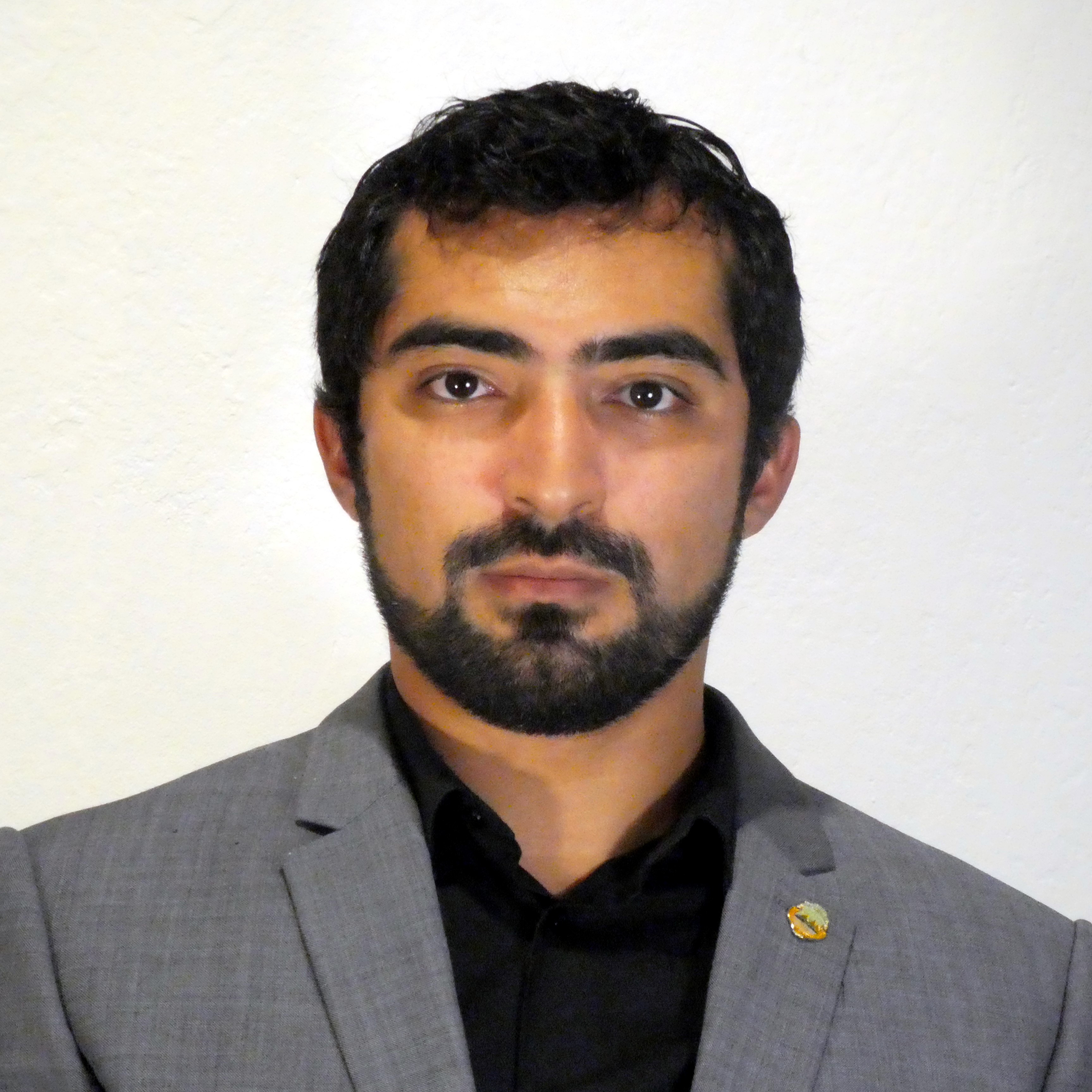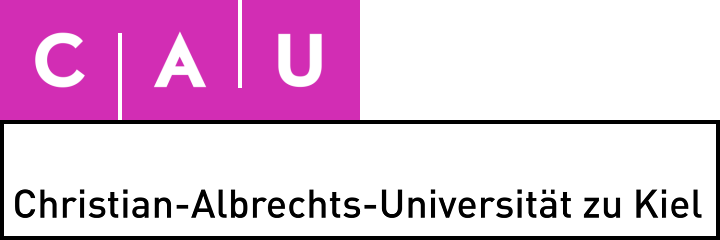Workshop on digital design using FPGA
Details
| Presenter: | Dr.-Ing. Pablo Mendoza Ponce |
| Title: | Digital design using FPGA |
| Affiliation: | Lecturer and researcher at Electronics Department, Instituto Tecnológico de Costa Rica |
| Date: | Nov 5 - 8, 2024 |
| Time: | 08:30 am - 12:00 pm |
| Place: | D 02.002 (SR II) |
Workshop contents

Contents
- Digital design using Intel FPGA platforms.
- Overview of logic design basic concepts such as: combinational logic, sequential logic, finite state machines.
- Overview of FPGA architecture description.
- Exercises with Logic and Digital Design problems. Students should plan a solution and implement it on Intel’s FPGA using SystemVerilog as the HDL of preference. Most planned projects will be elements of a RISC-V microcontroller to be used later.
- Exercises using FPGA architecture advantages to solve problems.
Short CV
Pablo Mendoza received his Licenciatura degree in Electronics engineering from Instituto Tecnológico de Costa Rica in 2008. His graduation project introduced him to the world of digital communications and FPGA design by developing a DAB modulator, as well as working on different digital communications systems at Canam Inc., a telecommunications design company stablished in Costa Rica. In 2010, he received a European scholarship from the Erasmus Mundus Cooperation Fund. Thanks to this scholarship, he was able to pursue a master’s degree in Telecommunications Engineering at Politecnico di Torino, Italia. He finished his master’s studies in 2012 by presenting his master’s thesis in the development of a digital television demodulator implemented in software radio. After his master’s, he moved back to Costa Rica, where he joined the Electronics Department at Instituto Tecnológico de Costa Rica as a lecturer. During his first years as lecturer, he taught undergrad courses in linear systems analysis, electrical communications, and logic design. Also, he taught the FPGA prototyping course for the master’s program in VLSI and Embedded systems. In 2015 he moved to Hamburg, Germany, where he joined the Integrated Circuits Institute at the Technische Universität Hamburg to attend the doctoral program. During his stay at Hamburg, he worked towards a prototype of an implantable device for cancer monitoring. His research allowed him to get in deep knowledge on the fields of digital and analog design flows for ASICs.
In 2021, he returned to Costa Rica to join back the Electronics Department at Tecnológico de Costa Rica, as lecturer and researcher. In the last years, he has joined research projects in digital design, ASIC design, and IC testing. He is currently collaborating with CERN in the design of new ASICs for the particle detectors.




